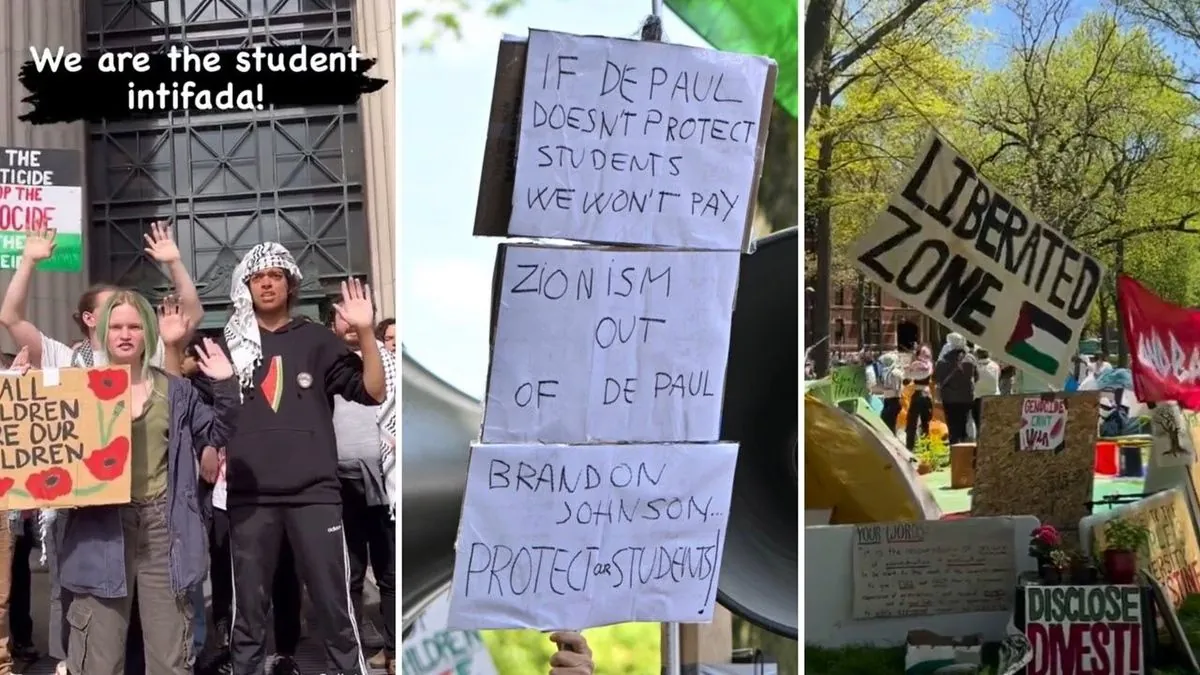Culture Wars Intensify: The Spread of Anti-Israel Sentiment in Western Society
The article explores the escalation of culture wars, focusing on the pervasive spread of anti-Israel sentiment across various aspects of Western society. It examines the impact on Jewish communities and the broader geopolitical implications.

The intensification of culture wars has become an unavoidable reality in Western society. What once seemed confined to specific spheres has now permeated every aspect of daily life, leaving little room for respite. This phenomenon is particularly evident in the surge of anti-Israel sentiment, which has reached unprecedented levels since the events of October 7, 2023.
The spread of this sentiment has been rapid and far-reaching. University of Michigan students recently demonstrated the extent of this issue when their student government won on an anti-Israel platform, threatening to withhold $1.3 million in annual budget unless the university divests from Israel. This incident is not isolated, as similar protests have erupted across numerous campuses, often turning violent.

The cultural sphere has not been immune to this trend. In a striking example, a Brooklyn bookstore cancelled an event featuring two Jewish speakers due to one being a Zionist. This occurrence in New York, a city with a significant Jewish population, underscores the pervasiveness of the issue. Even seemingly unrelated areas have been affected, as evidenced by the author's experience of receiving anti-Israel abuse in response to an article about the Netflix series Bridgerton.
"I'm still thinking about what it means that in a Jewish town like New York in a Jewish borough like Brooklyn and in a bookstore, a place that is a touchstone of culture for Jews, a talk between two Jews can get cancelled because one of them – yours truly! – is a Zionist."
The pressure exerted by anti-Israel groups has begun to influence political decisions, with appointments in UK and US governments reflecting a shift towards appeasing these constituencies. However, while the focus in the West remains on Gaza, Israel's attention is increasingly turning towards Iran and its proxies in neighboring countries.
For many Jews, this escalating hostility has resulted in a strengthening of support for Israel. As the space for neutral ground diminishes, they find themselves compelled to take a firmer stance in the face of what they perceive as growing threats to their identity and beliefs.
The current situation reflects a complex interplay of historical, cultural, and political factors. The term "culture wars" itself dates back to the 1990s, while the Israeli-Palestinian conflict has roots stretching back decades. As these issues continue to evolve, their impact on Western society shows no signs of abating, challenging individuals and institutions to navigate an increasingly polarized landscape.


































